As science continues to study the human person, there has been a continual debate about “nature vs. nurture.” What is “baked in,” if you will, to our genes, and what is taught or acquired by our surroundings. Just how much of our personality are we stuck with, and what is up for change or transformation?
Jesus’ conversation with Nicodemus touches on this topic. Jesus says a person must be born from above. The word Jesus chooses to use to describe this rebirth can mean both “from above” and “again.” Nicodemus wonders, how can a man possibly re-enter his mother’s womb and be born again? How can the fundamental fact of who I am, who I was born as, change? How can you be born twice? How can you change who you are?
Jesus isn’t talking about being born again in the physical sense. As a mother, I say thank goodness! But the act of spiritual rebirth is no less monumental or significant. To better understand this mystery, we need to look further in John 3. In John 3:31 Jesus explains that, “The one who comes from above is above all. The one who is of the earth is earthly and speaks of earthly things. But the one who comes from heaven [is above all].” Jesus is the one who comes from above. He was trying to explain to Nicodemus that in order to see the Kingdom of God, a person needs to be reborn, remade, in Jesus. It is how St. Paul can boldly proclaim: “I have been crucified with Christ; yet I live, no longer I, but Christ lives in me” (Galatians 2:19b-20a). Jesus wishes to be alive once again in and through each one of us as we fulfill our unique mission God has prepared for us.
As we read this passage today, we should see that there is no part of us outside the scope of Jesus’ redemption, love and mercy. Regardless of whether our temper comes from our dad’s family or was learned at school or a tendency towards selfishness can be seen in Great-Aunt Mildred or was honed by a spiteful sibling, all the parts of us are able to be transformed.
A medida que la ciencia sigue estudiando a la persona humana, ha habido un debate continuo sobre “¿naturaleza o crianza?”. Lo que está “cocinado”, por así decirlo, en nuestros genes, y lo que nuestro entorno enseña o adquiere. ¿Con qué parte de nuestra personalidad estamos atrapados y qué se puede cambiar o transformar?
La conversación de Jesús con Nicodemo toca este tema. Jesús dice que una persona debe nacer de lo alto. La palabra que Jesús elige usar para describir este renacimiento puede significar tanto “desde arriba” como “de nuevo”. Nicodemo se pregunta, ¿cómo puede un hombre volver a entrar en el vientre de su madre y nacer de nuevo? ¿Cómo puede cambiar el hecho fundamental de quién soy, de quién nací? ¿Cómo puedes nacer dos veces? ¿Cómo puedes cambiar quién eres?
Jesús no está hablando de nacer de nuevo en el sentido físico. Como madre, digo ¡gracias a Dios! Pero el acto del renacimiento espiritual no es menos monumental o significativo. Para entender mejor este misterio, tenemos que mirar más allá en Juan 3. En Juan 3:31 Jesús explica que, “El que viene de arriba, está sobre todos. El que es de la tierra es terrenal y habla de cosas terrenales. Pero el que viene del cielo [está sobre todos]”. Jesús es el que viene de lo alto. Estaba tratando de explicarle a Nicodemo que para ver el Reino de Dios, una persona tiene que renacer, rehacerse, en Jesús. Así es como San Pablo puede proclamar audazmente: “He sido crucificado con Cristo; pero ya no vivo yo, sino que Cristo vive en mí” (Gálatas 2:19b-20a). Jesús desea estar vivo una vez más en y a través de cada uno de nosotros mientras cumplimos nuestra misión única que Dios ha preparado para nosotros.
Mientras leemos este pasaje hoy, debemos ver que no hay parte de nosotros fuera del alcance de la redención, el amor y la misericordia de Jesús. Independientemente de si nuestro temperamento proviene de la familia de nuestro papá o lo aprendimos en la escuela o si se puede ver una tendencia al egoísmo en la tía abuela Mildred o si fue perfeccionado por un hermano rencoroso, todas las partes de nosotros pueden transformarse.
 Kate Taliaferro is an Air Force wife and mother. She is blessed to be able to homeschool, bake bread and fold endless piles of laundry. When not planning a school day, writing a blog post or cooking pasta, Kate can be found curled up with a book or working with some kind of fiber craft. Kate blogs at DailyGraces.net.
Kate Taliaferro is an Air Force wife and mother. She is blessed to be able to homeschool, bake bread and fold endless piles of laundry. When not planning a school day, writing a blog post or cooking pasta, Kate can be found curled up with a book or working with some kind of fiber craft. Kate blogs at DailyGraces.net.
Feature Image Credit: www.pexels.com/photo/red-flower-65935/

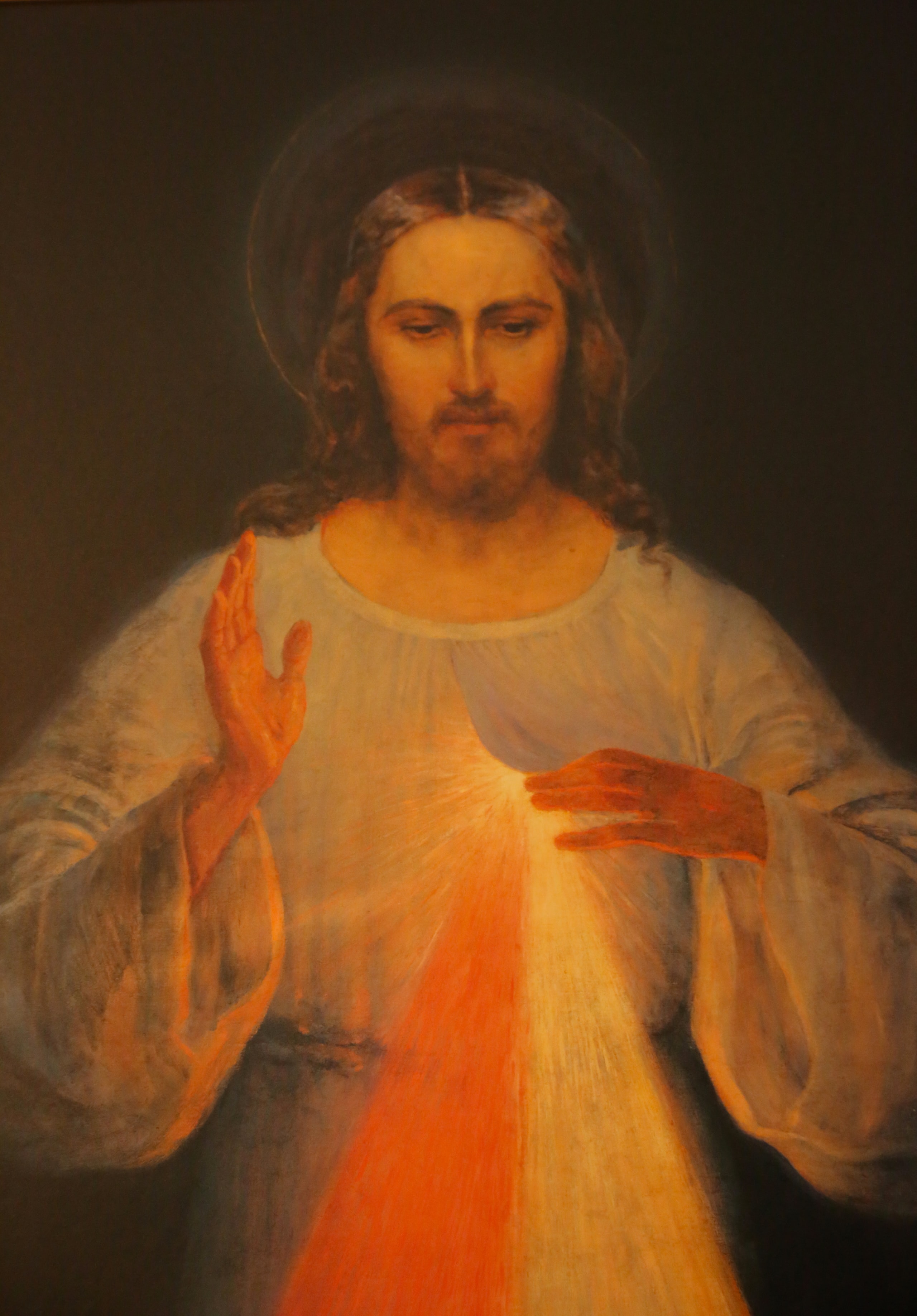
 Kathryn Mulderink, MA, is married to Robert, Station Manager for Holy Family Radio. Together they have seven children (including Father Rob), and seven grandchildren. She is President of the local community of Secular Discalced Carmelites and has published five books and many articles. Over the last 30 years, she has worked as a teacher, headmistress, catechist, Pastoral Associate, and DRE, and as a writer and voice talent for Catholic Radio. Currently, she serves the Church by writing and speaking, and by collaborating with various parishes and to lead others to encounter Christ and engage their faith. Her website is
Kathryn Mulderink, MA, is married to Robert, Station Manager for Holy Family Radio. Together they have seven children (including Father Rob), and seven grandchildren. She is President of the local community of Secular Discalced Carmelites and has published five books and many articles. Over the last 30 years, she has worked as a teacher, headmistress, catechist, Pastoral Associate, and DRE, and as a writer and voice talent for Catholic Radio. Currently, she serves the Church by writing and speaking, and by collaborating with various parishes and to lead others to encounter Christ and engage their faith. Her website is 

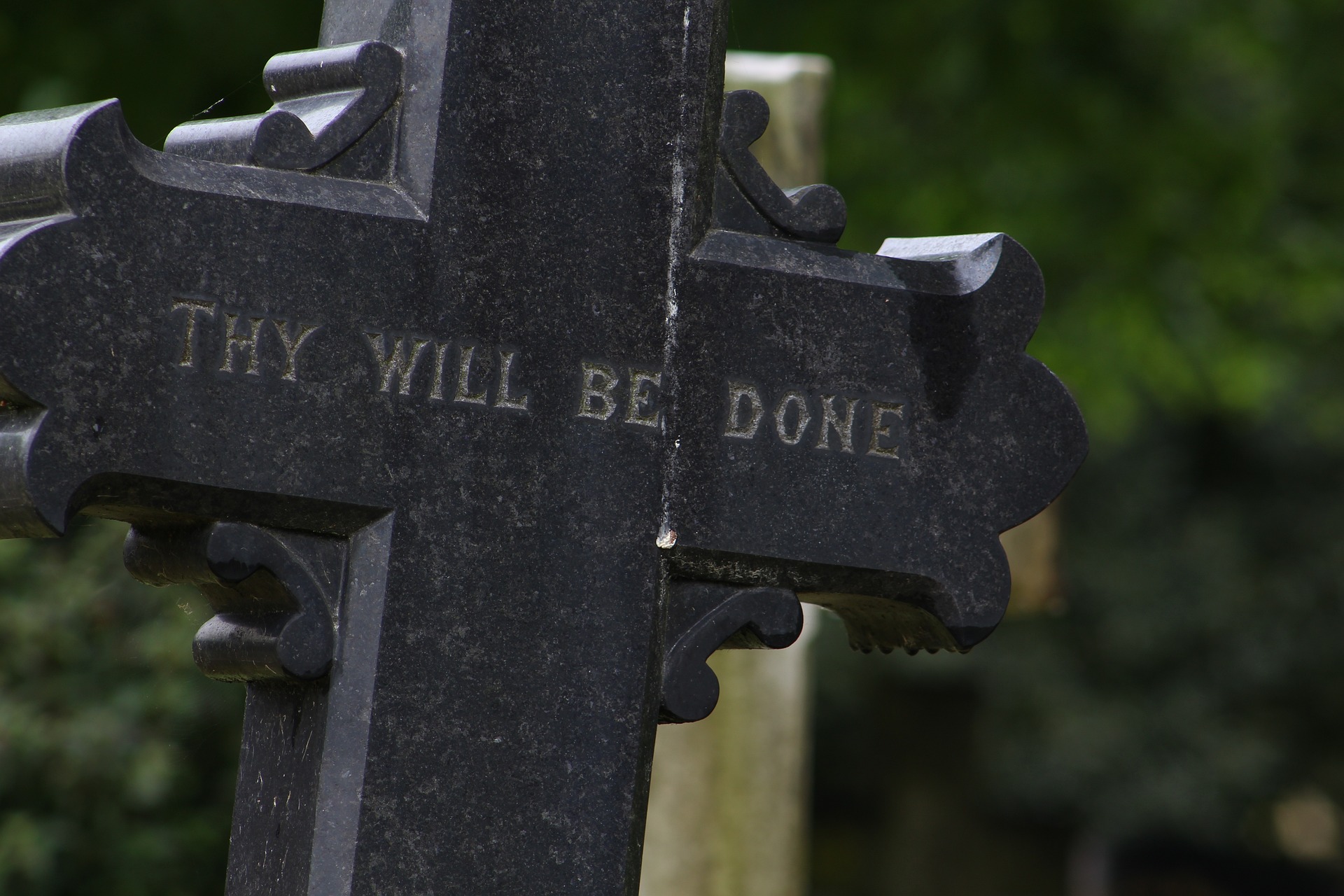
 J.M. Pallas has had a lifelong love of Scriptures. When she is not busy with her vocation as a wife and mother to her “1 Samuel 1” son, or her vocation as a public health educator, you may find her at her parish women’s bible study, affectionately known as “The Bible Chicks.”
J.M. Pallas has had a lifelong love of Scriptures. When she is not busy with her vocation as a wife and mother to her “1 Samuel 1” son, or her vocation as a public health educator, you may find her at her parish women’s bible study, affectionately known as “The Bible Chicks.”
 Emily Jaminet is a Catholic author, speaker, radio personality, wife, and mother of seven children. She earned a bachelor’s degree in mental health and human services from the Franciscan University of Steubenville. She is the co-founder of
Emily Jaminet is a Catholic author, speaker, radio personality, wife, and mother of seven children. She earned a bachelor’s degree in mental health and human services from the Franciscan University of Steubenville. She is the co-founder of 
 Dakota lives in Denver, CO with her husband, Ralph, and their two sons, Alfie & Theophilus. She is the Dean of Enrollment Management for Bishop Machebeuf High School where her husband also teaches. You can find Dakota at the zoo or a brewery with her family or with her nose in a book at home. For more of Dakota’s writing check out
Dakota lives in Denver, CO with her husband, Ralph, and their two sons, Alfie & Theophilus. She is the Dean of Enrollment Management for Bishop Machebeuf High School where her husband also teaches. You can find Dakota at the zoo or a brewery with her family or with her nose in a book at home. For more of Dakota’s writing check out 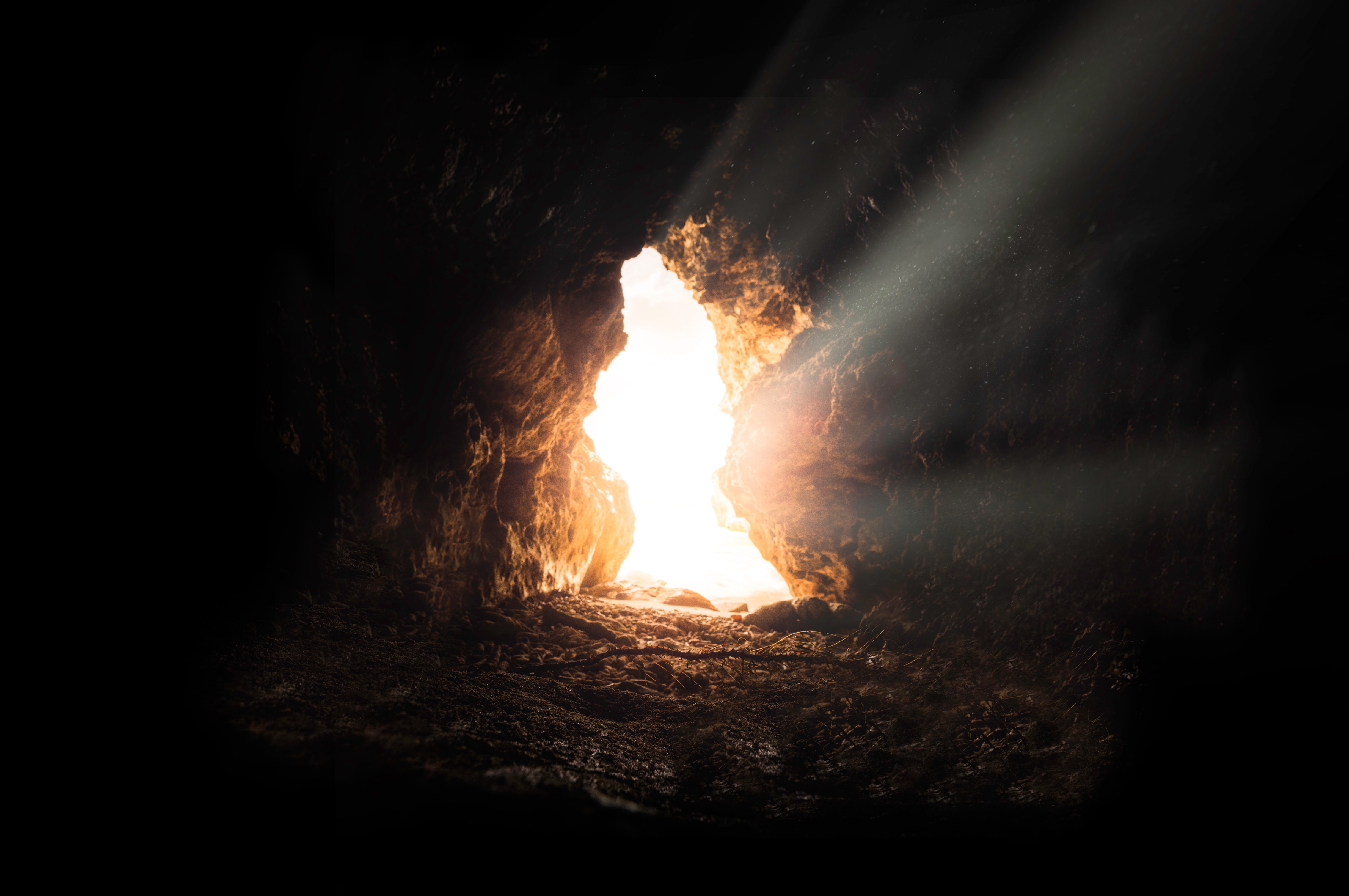
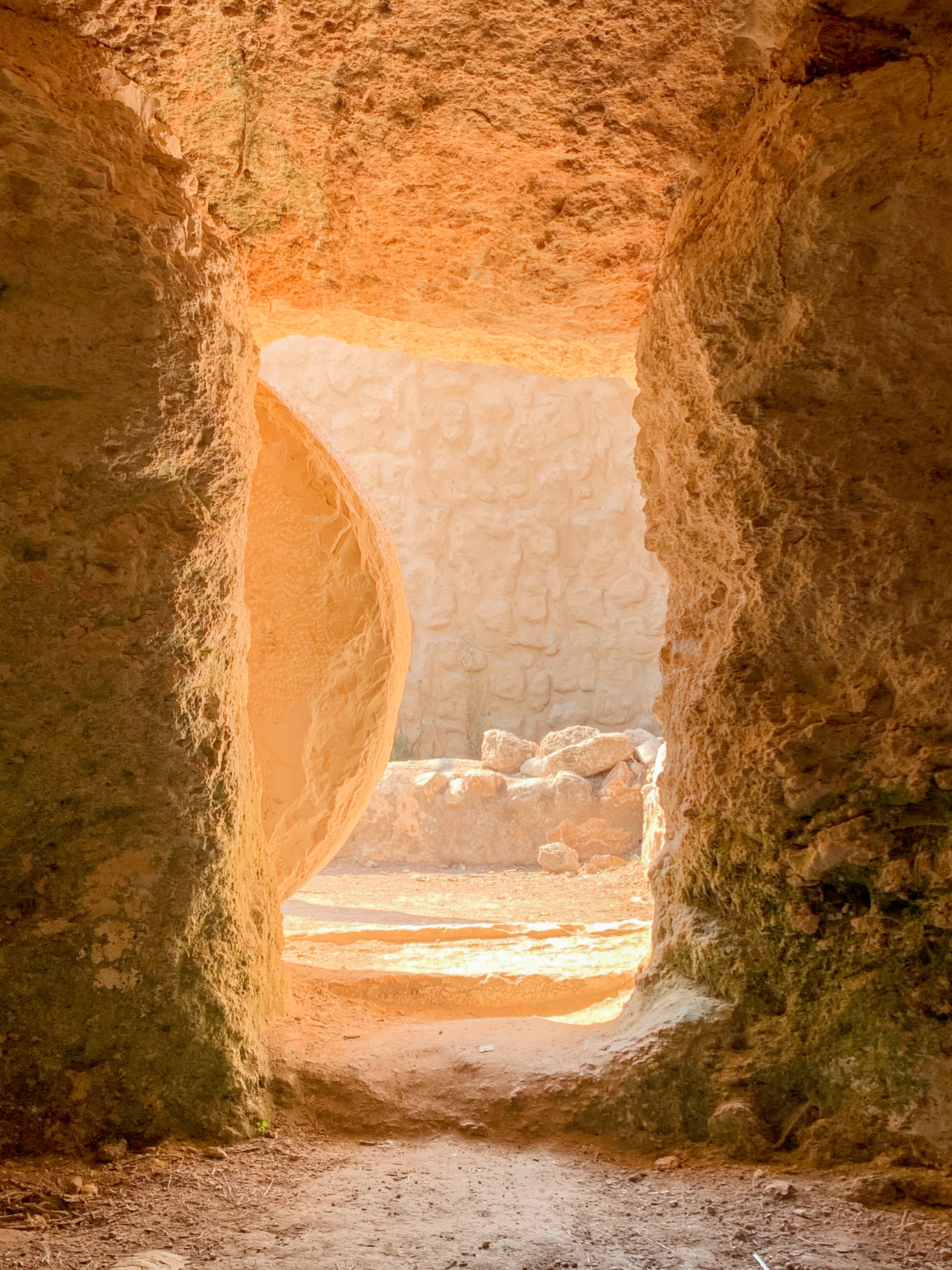


 Susan Ciancio has a BA in psychology and a BA in sociology from the University of Notre Dame, with an MA in liberal studies from Indiana University. For the past 19 years, she has worked as a professional editor and writer, editing both fiction and nonfiction books, magazine articles, blogs, educational lessons, professional materials and website content. Thirteen of those years have been in the pro-life sector. Currently Susan freelances and writes weekly for HLI, edits for American Life League, and is the executive editor of Celebrate Life Magazine. She also serves as executive editor for the Culture of Life Studies Program—an educational nonprofit program for K-12 students. You can reach her at
Susan Ciancio has a BA in psychology and a BA in sociology from the University of Notre Dame, with an MA in liberal studies from Indiana University. For the past 19 years, she has worked as a professional editor and writer, editing both fiction and nonfiction books, magazine articles, blogs, educational lessons, professional materials and website content. Thirteen of those years have been in the pro-life sector. Currently Susan freelances and writes weekly for HLI, edits for American Life League, and is the executive editor of Celebrate Life Magazine. She also serves as executive editor for the Culture of Life Studies Program—an educational nonprofit program for K-12 students. You can reach her at 
 Dr. Alexis Dallara-Marsh is a board-certified neurologist who practices in Bergen County, NJ. She is a wife to her best friend, Akeem, and a mother of two little ones on Earth and two others in heaven above.
Dr. Alexis Dallara-Marsh is a board-certified neurologist who practices in Bergen County, NJ. She is a wife to her best friend, Akeem, and a mother of two little ones on Earth and two others in heaven above.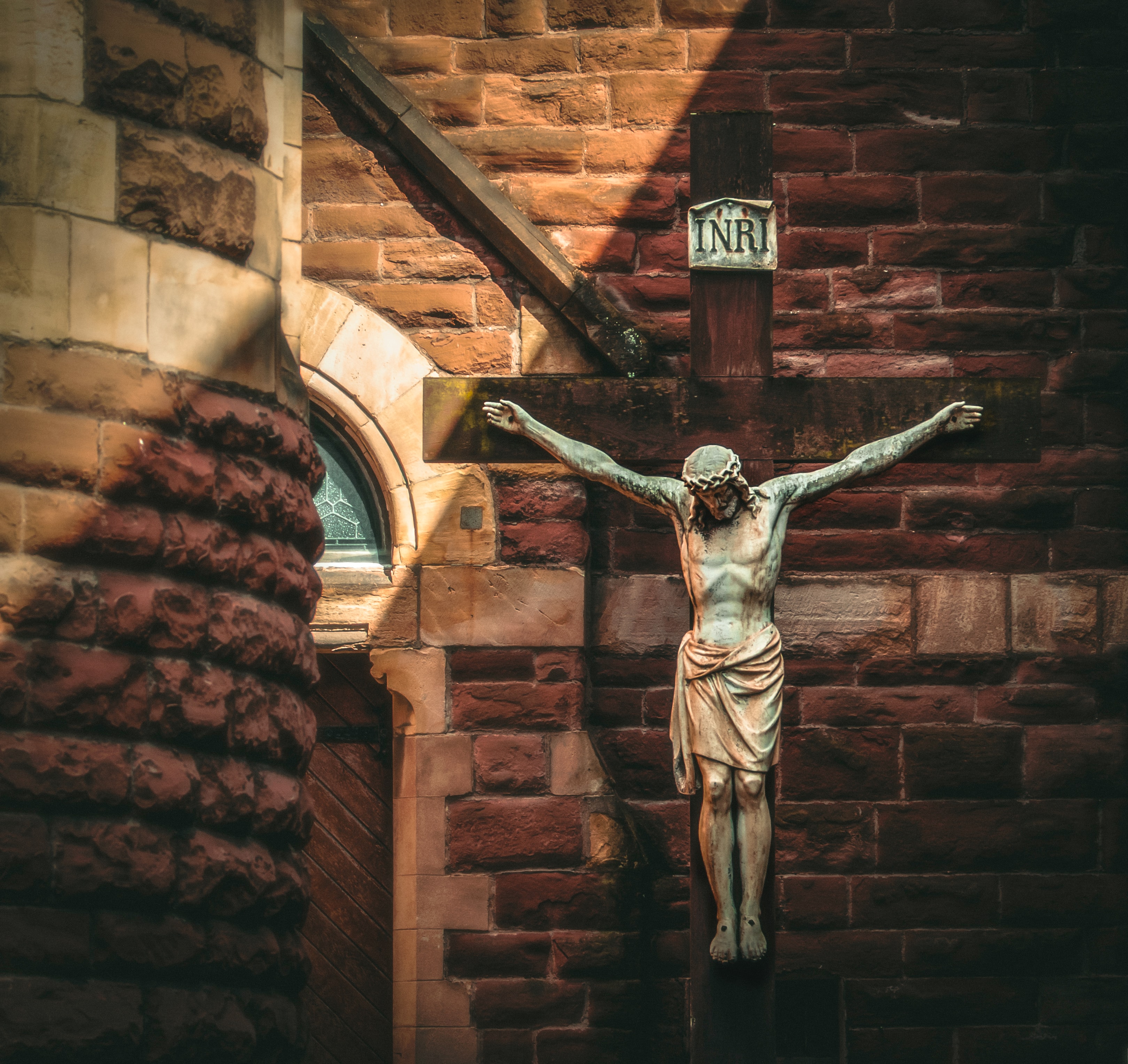
 Elizabeth Tomlin is the author of Joyful Momentum: Building and Sustaining Vibrant Women’s Groups and contributing author to the Ave Prayer Book for Catholic Mothers. She is General Counsel for the Archdiocese for the Military Services, USA. Elizabeth is an Army wife and mother of three and currently lives in the DC area. She blogs at
Elizabeth Tomlin is the author of Joyful Momentum: Building and Sustaining Vibrant Women’s Groups and contributing author to the Ave Prayer Book for Catholic Mothers. She is General Counsel for the Archdiocese for the Military Services, USA. Elizabeth is an Army wife and mother of three and currently lives in the DC area. She blogs at 
